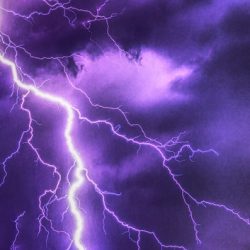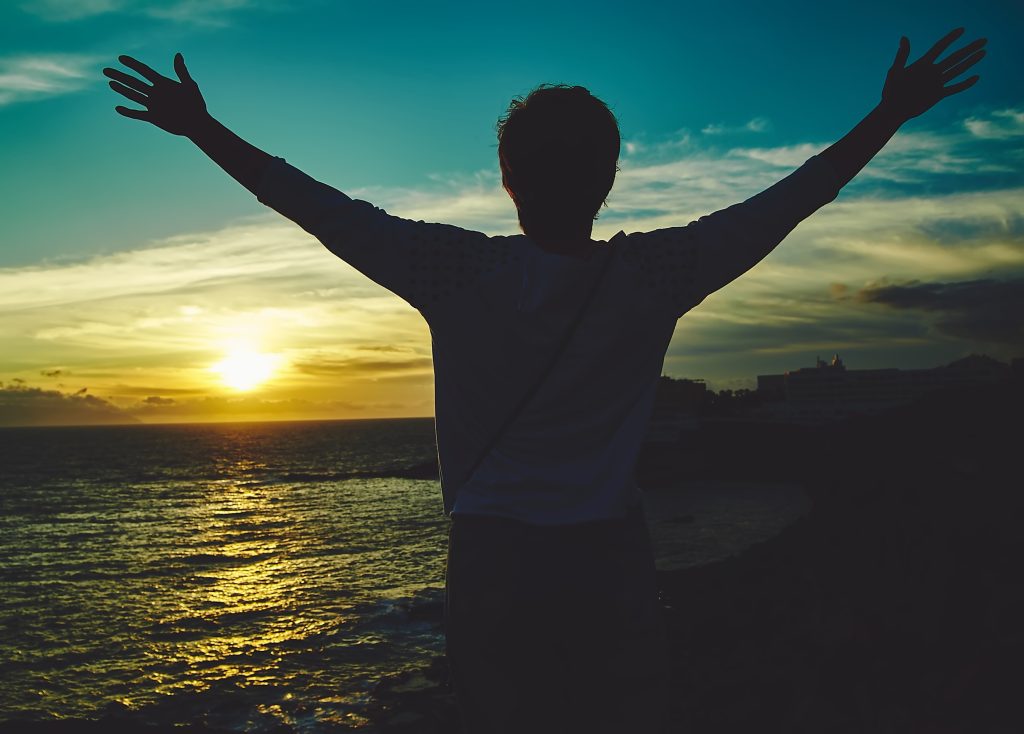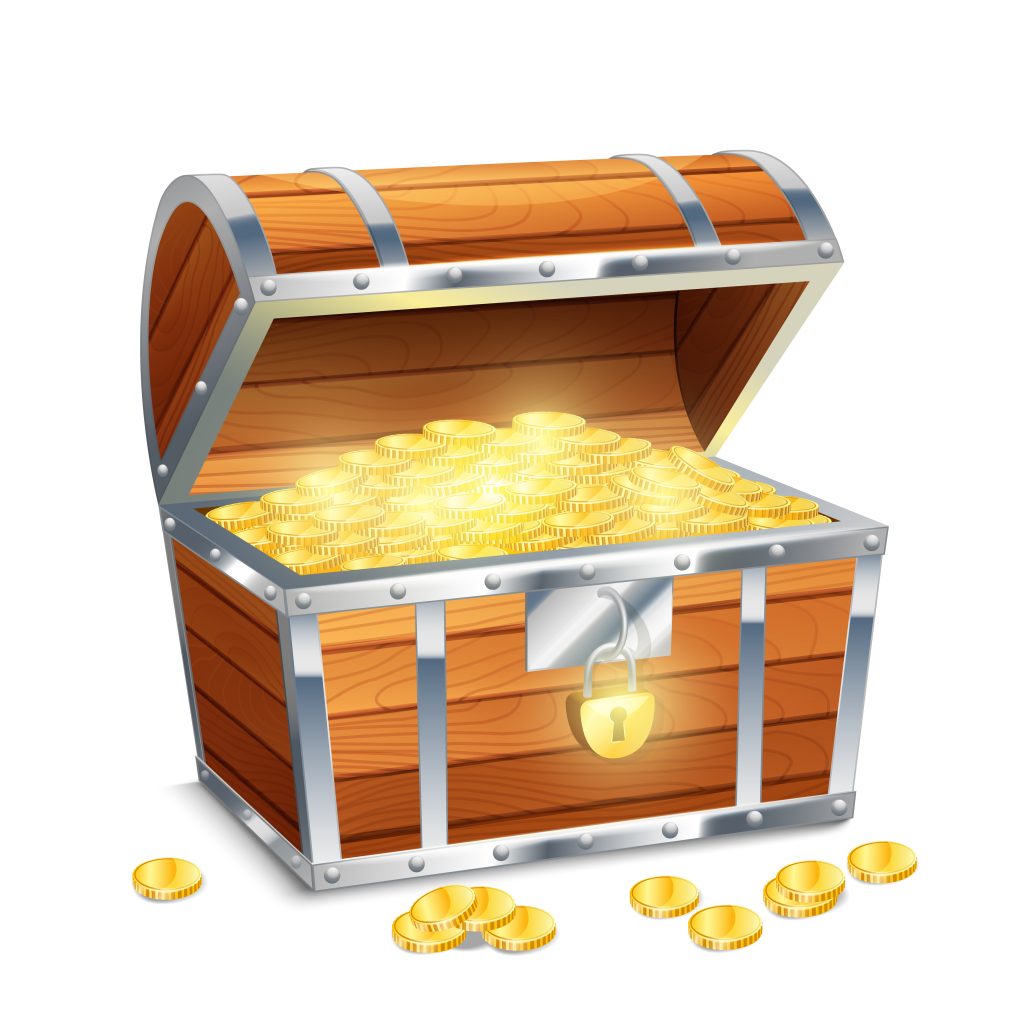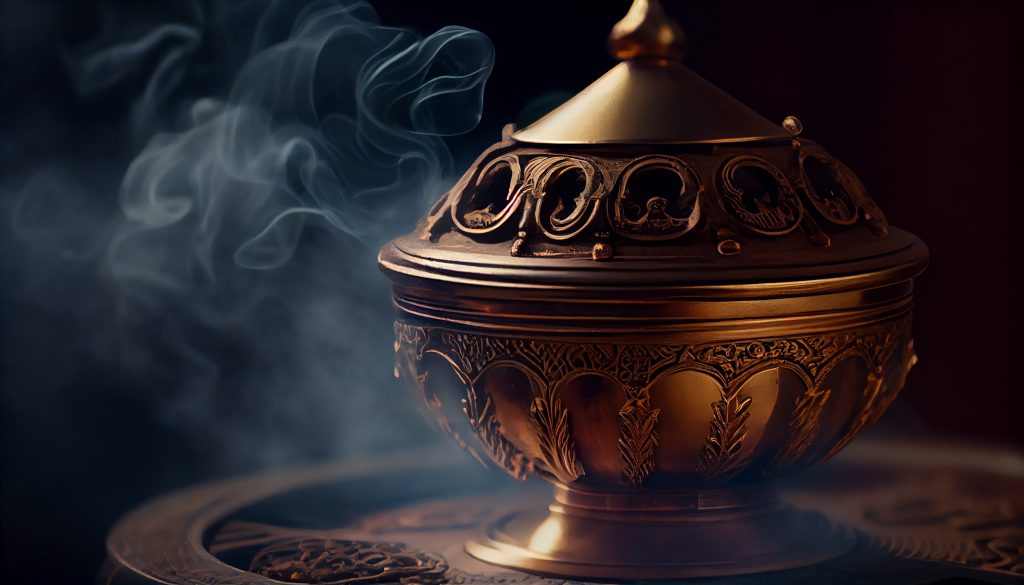
-
7 years ago
Testing our working definition of Freedom
How does the dicitionary define freedom? “The condition of being free of restraints.” Free from restrictions, no limitations, The ability to do or say whatever ..
Written by Anonymous
-

-
7 years ago
Chassidishe Vort
On Pesach at the Seder, we drink 4 cups of wine plus we have one cup for Eliyahu HaNavi. The word cup in Hebrew is “Kos.” The gematria of the word Kos is 86, which ..
Written by Benjamin A Rose
-
7 years ago
Kos Shlishi: Why is it a sign of freedom??
The four kosos represent the four lashonos of geula that are unique to Pesach night. The third kos is the kos that we drink for Birchas HaMazon. But Birchas HaMazon ..
Written by Benjamin A Rose
-
 7 years ago
7 years agoPesach Seder Table Vort: snippets you did not know about the ten plagues
The main part of the mitzvah to relate the story of the Exocus is the ten plagues. And the Chayei Adam says that it was the minhag to call in the non-Jewish helper ..
Written by d fine
-
 7 years ago
7 years agoDayeinu – Mount Sinai but no Torah?!
In Dayeinu we say ‘if You [HaShem] would have brought us to Mount Sinai but would not have given us the Torah that would have been enough.’ But is that ..
Written by d fine
-
7 years ago
why no bracha on Maggid?
We have brachos before performing many mitzvos; shaking lulav, Halel, etc. Why do we have no bracha before the mitzvah of recounting the Exodus in maggid on the seder ..
Written by d fine
-
7 years ago
born again
Most are aware of certain themes of different festivals. We associate Shavuos with receiving of the Torah, Purim with Emunah, etc. The problem is that we often do not connect ..
Written by d fine
-
7 years ago
A Truly meaningful Seder!
On Seder night we ask the Ma Nishtana and its four questions. This kicks off the mitzva of Sipur Yetzias Mitzrayim. Later we speak about the four sons and how they ..
Written by Benjamin A Rose
-
7 years ago
A Quick Halachic Guide to the Seder Night – (Print out for your Seder?!)
Seder night is possibly the most celebrated Jewish festival in the year. In some irreligious homes the Seder is conducted and then the family go off and watch the film ..
Written by d fine
-
7 years ago
The REAL question of the ‘mah nishtana’ (Gra)
The Vilna Gaon asks a question; the child asks 4 questions in the mah nishtana on seder night – but when do we answer him? He explains that the real question ..
Written by d fine








